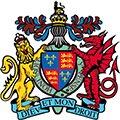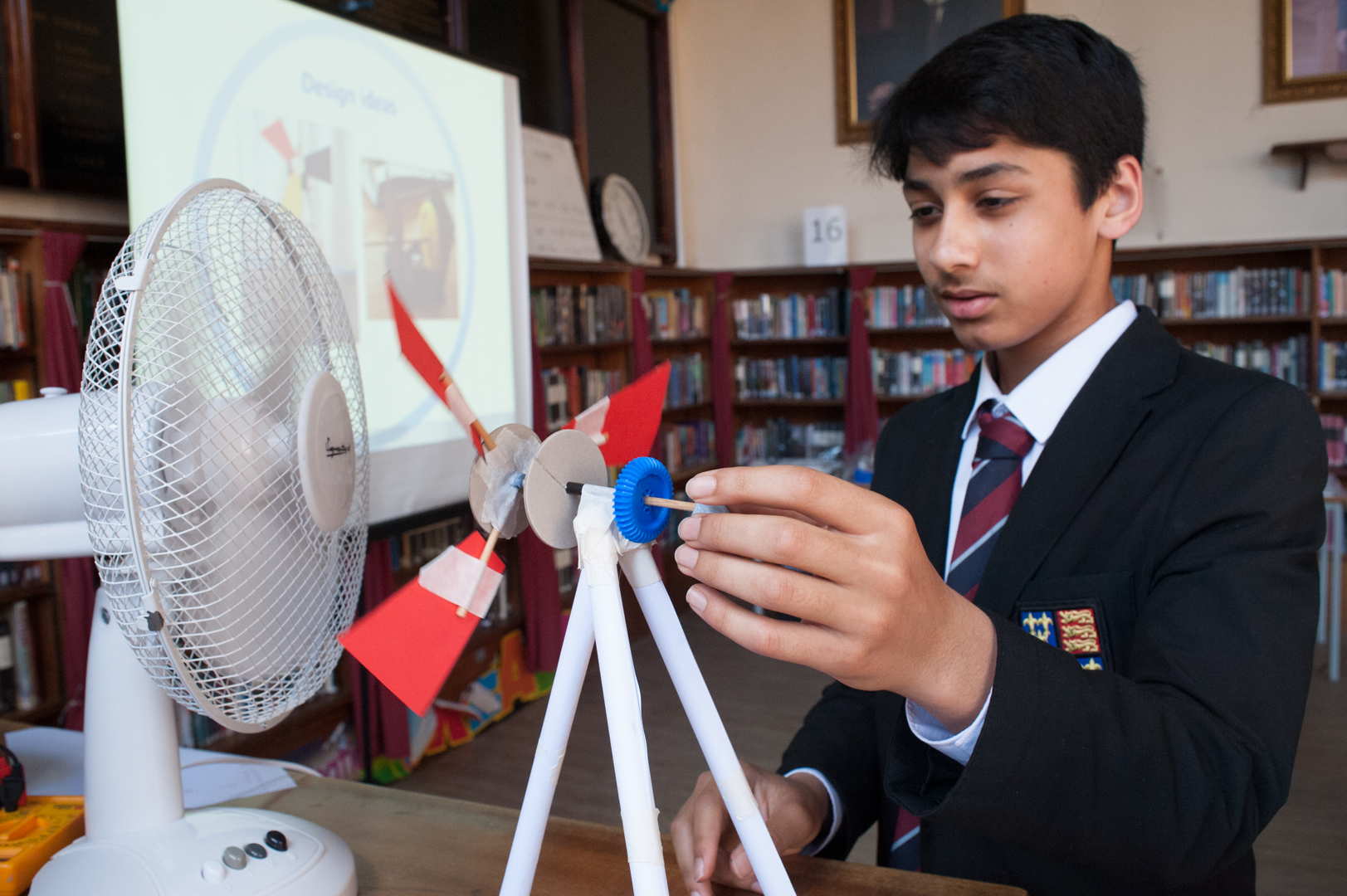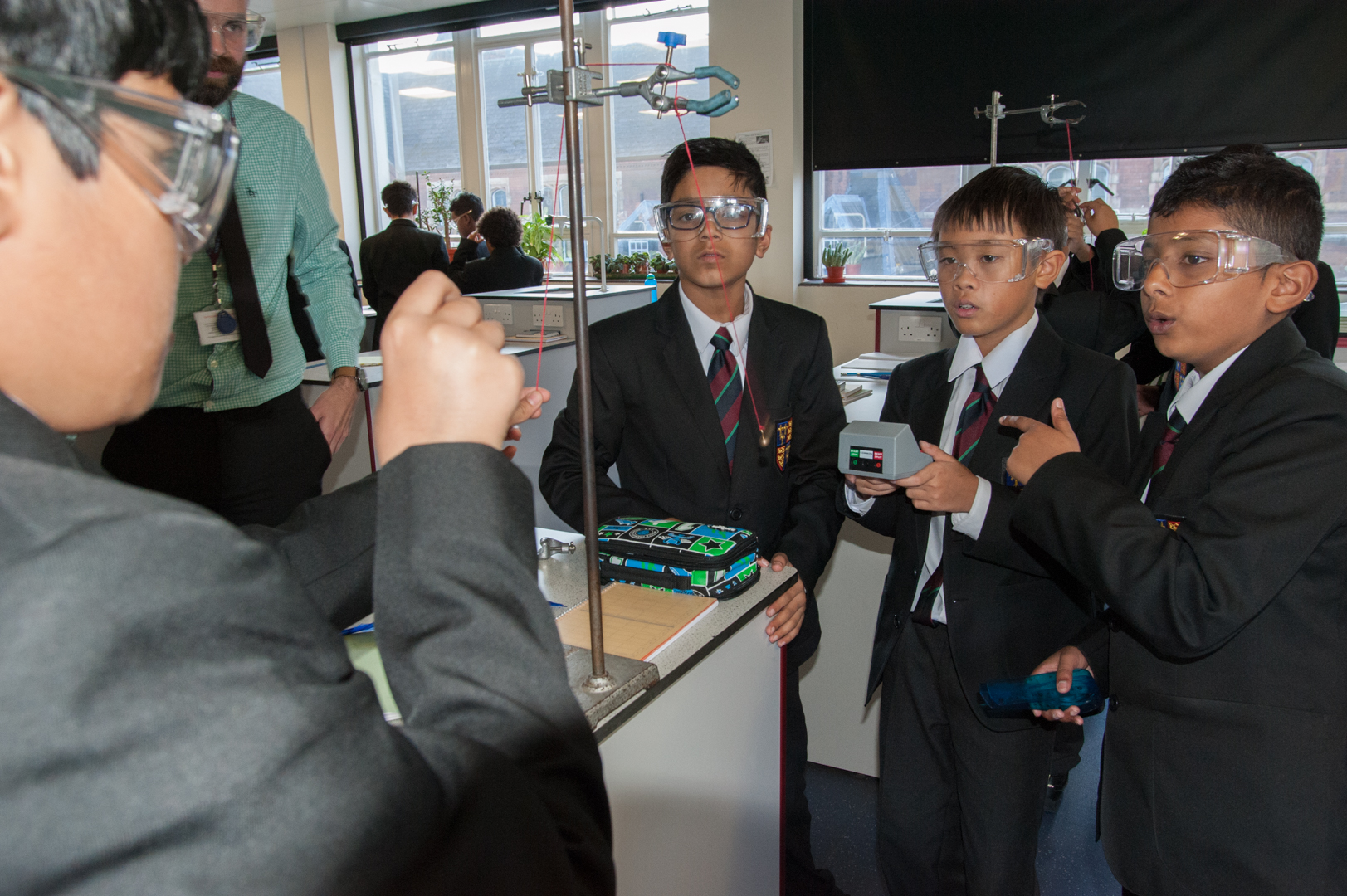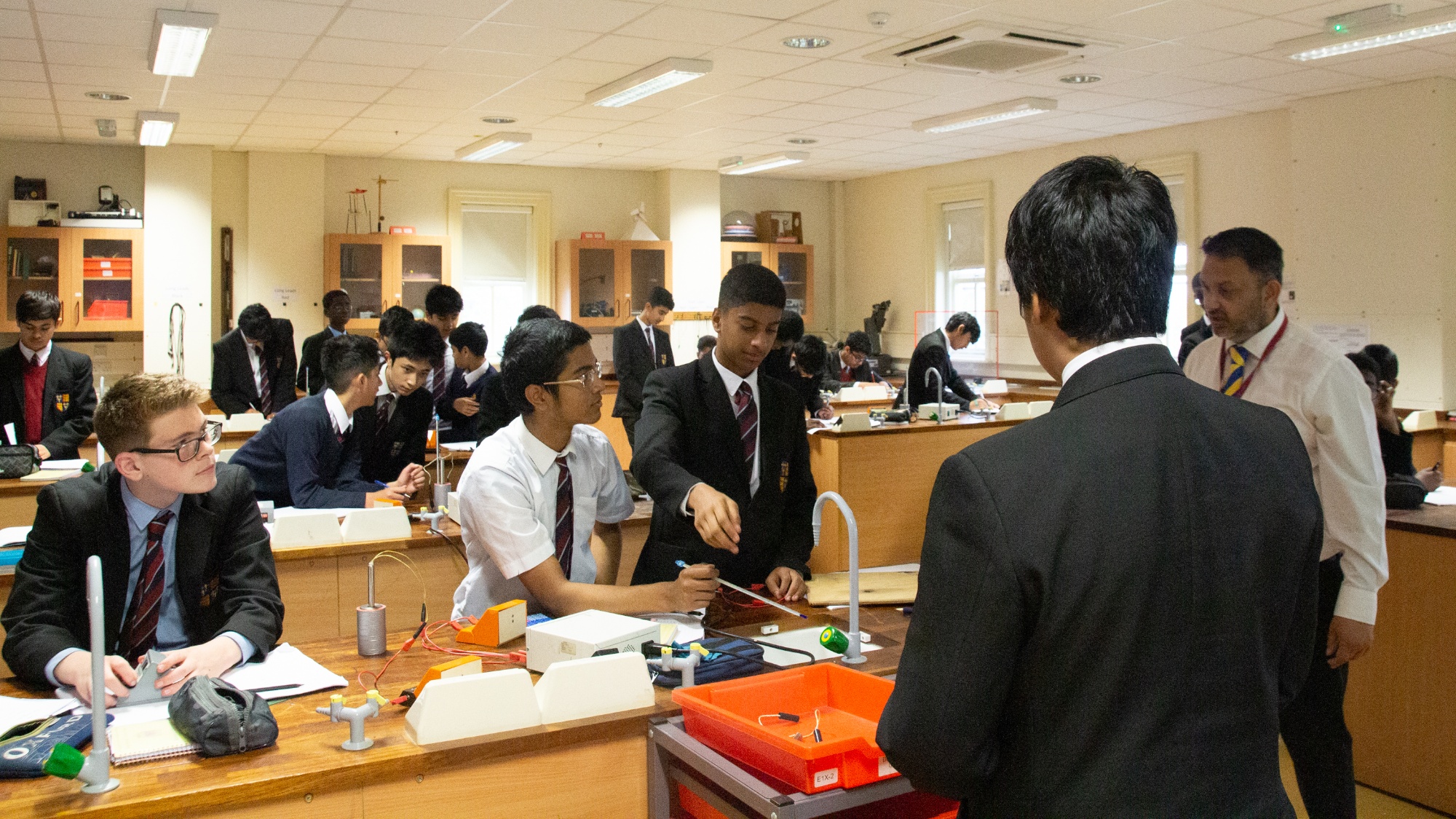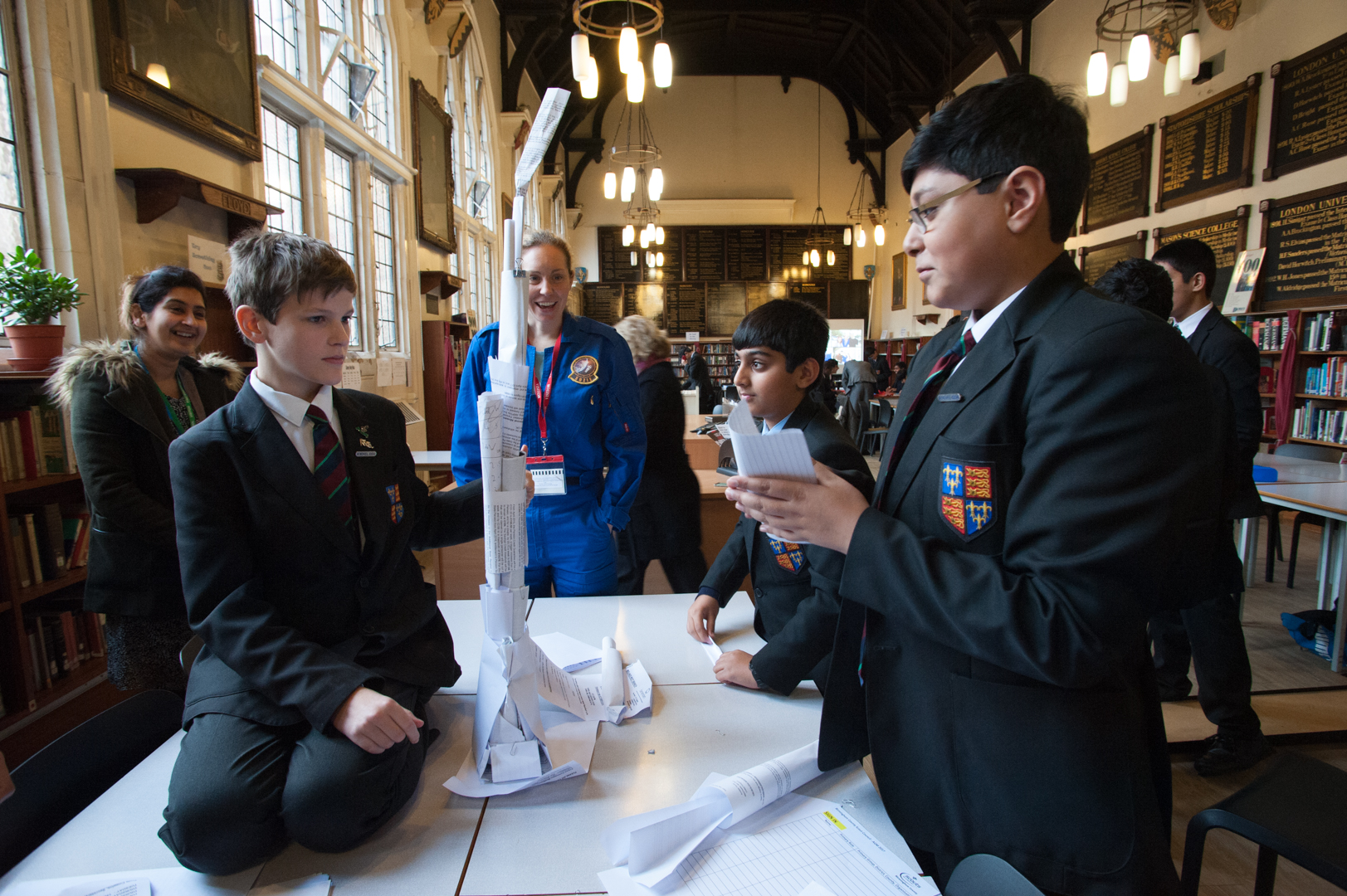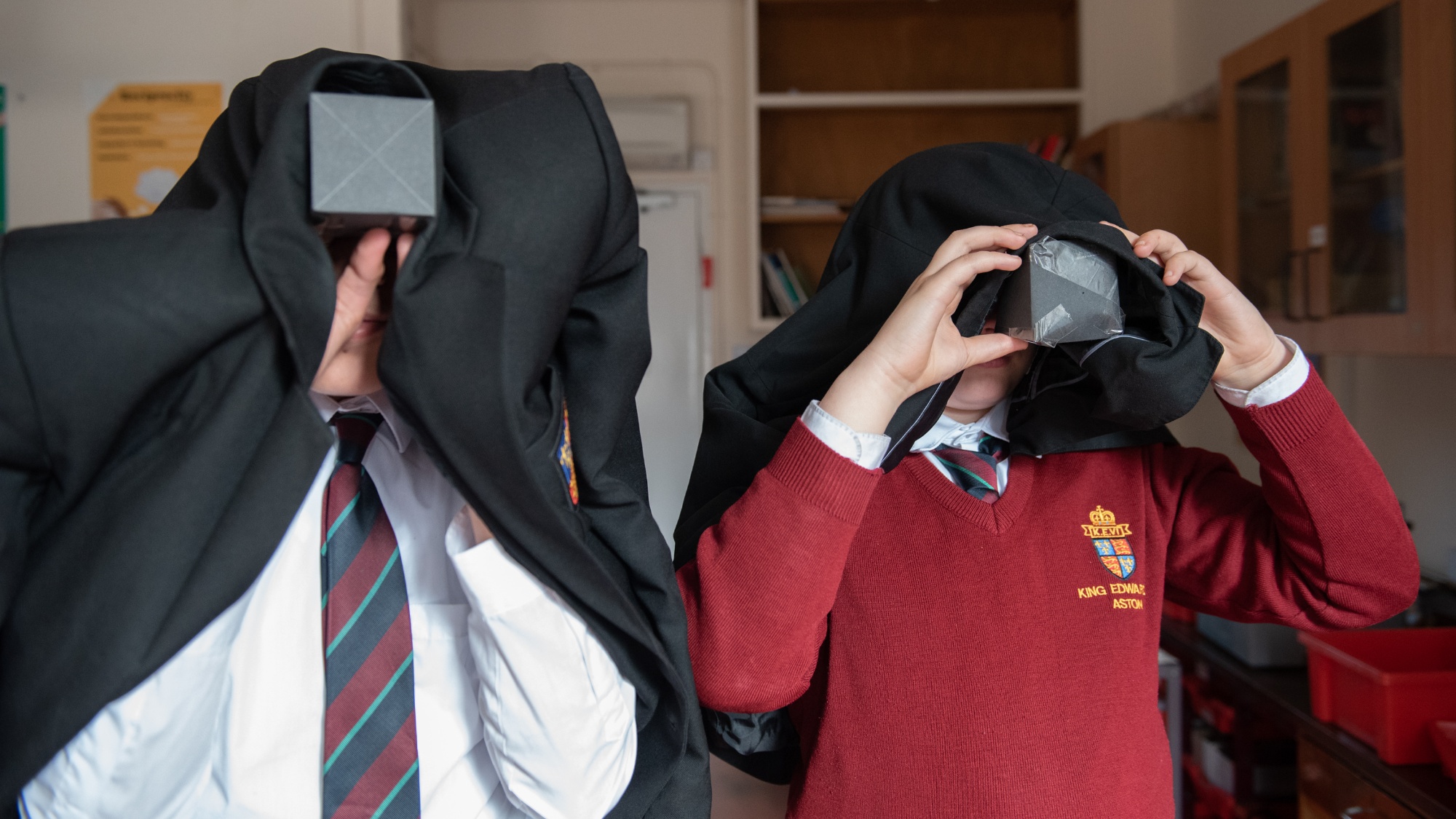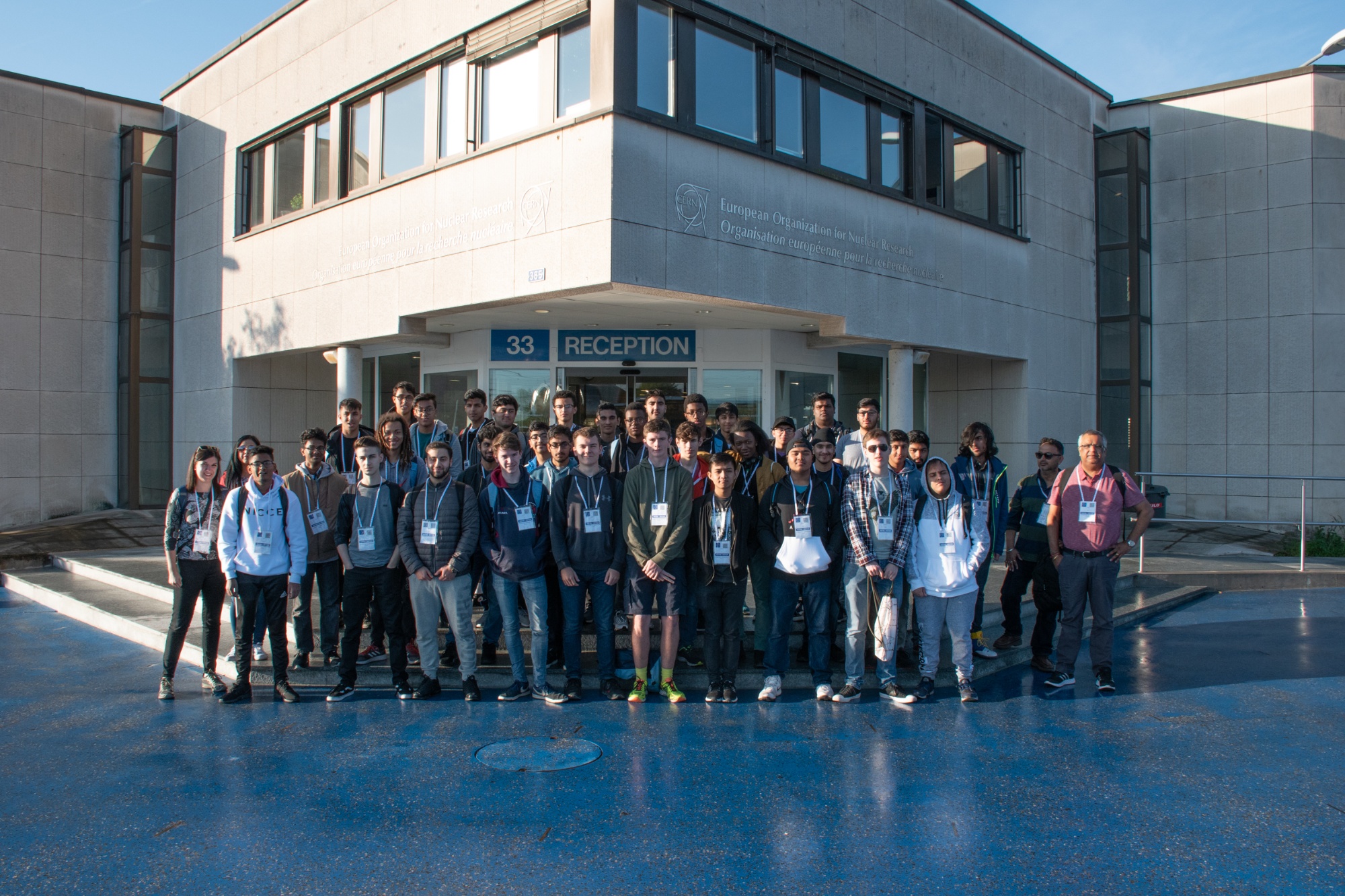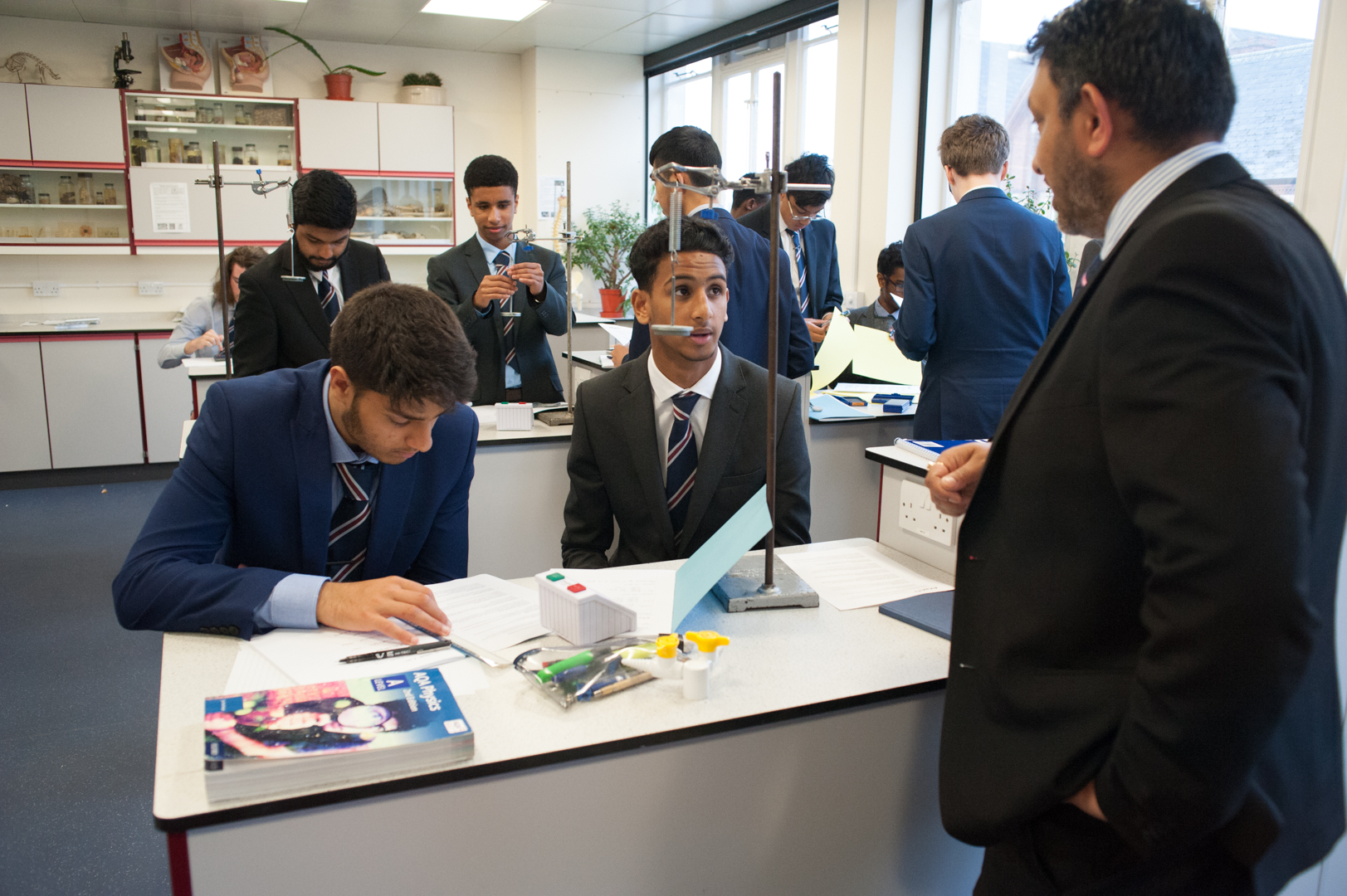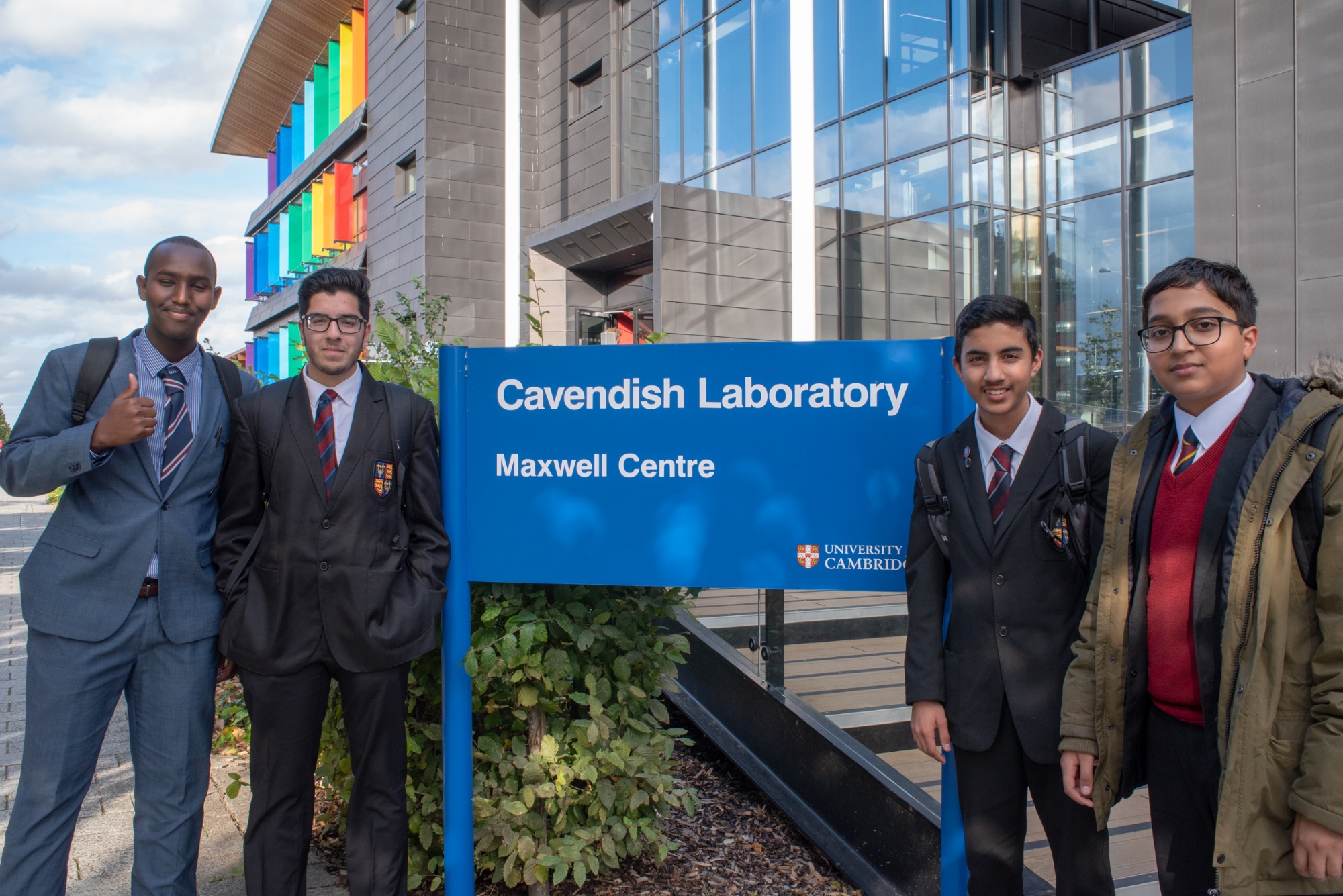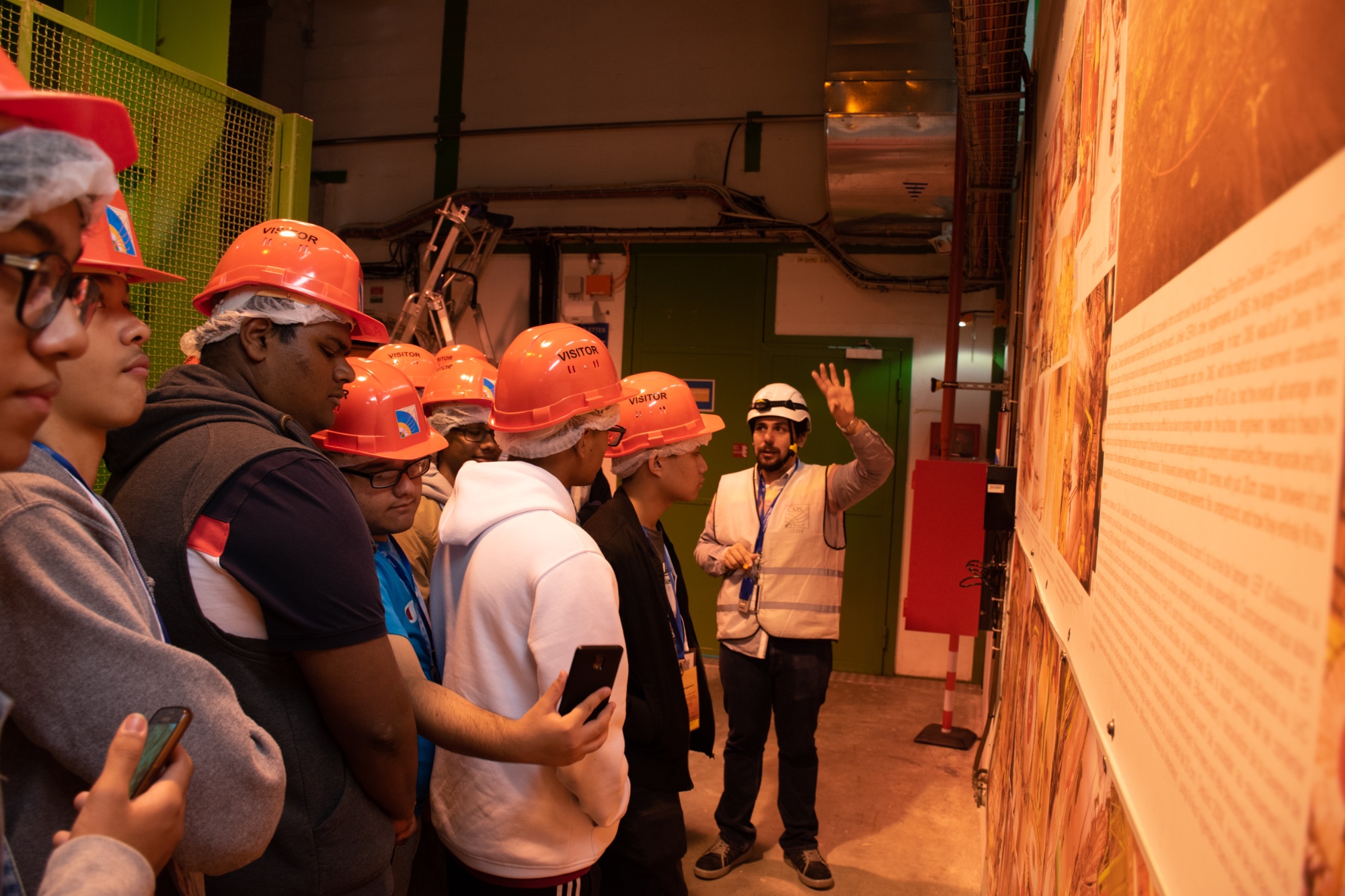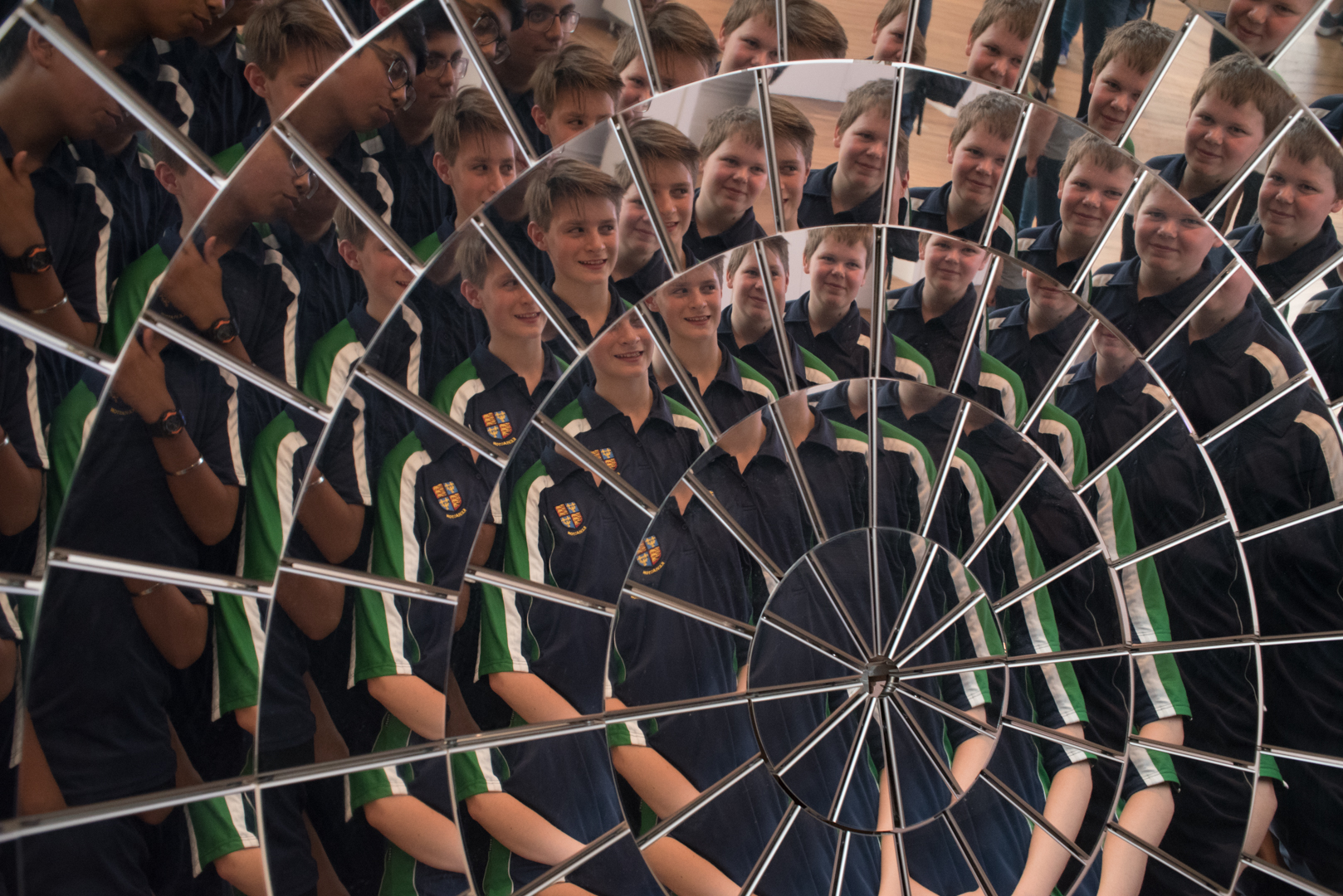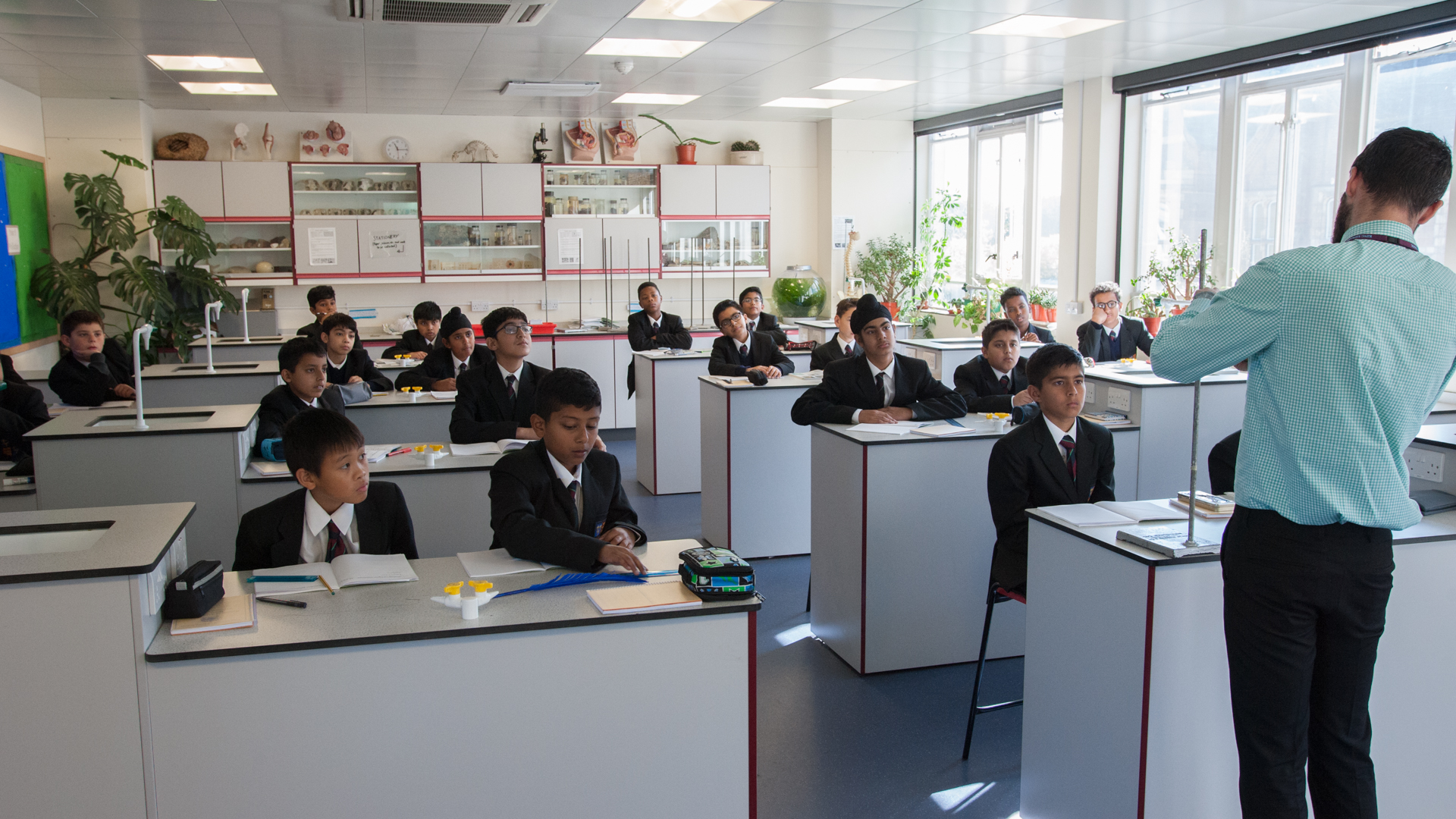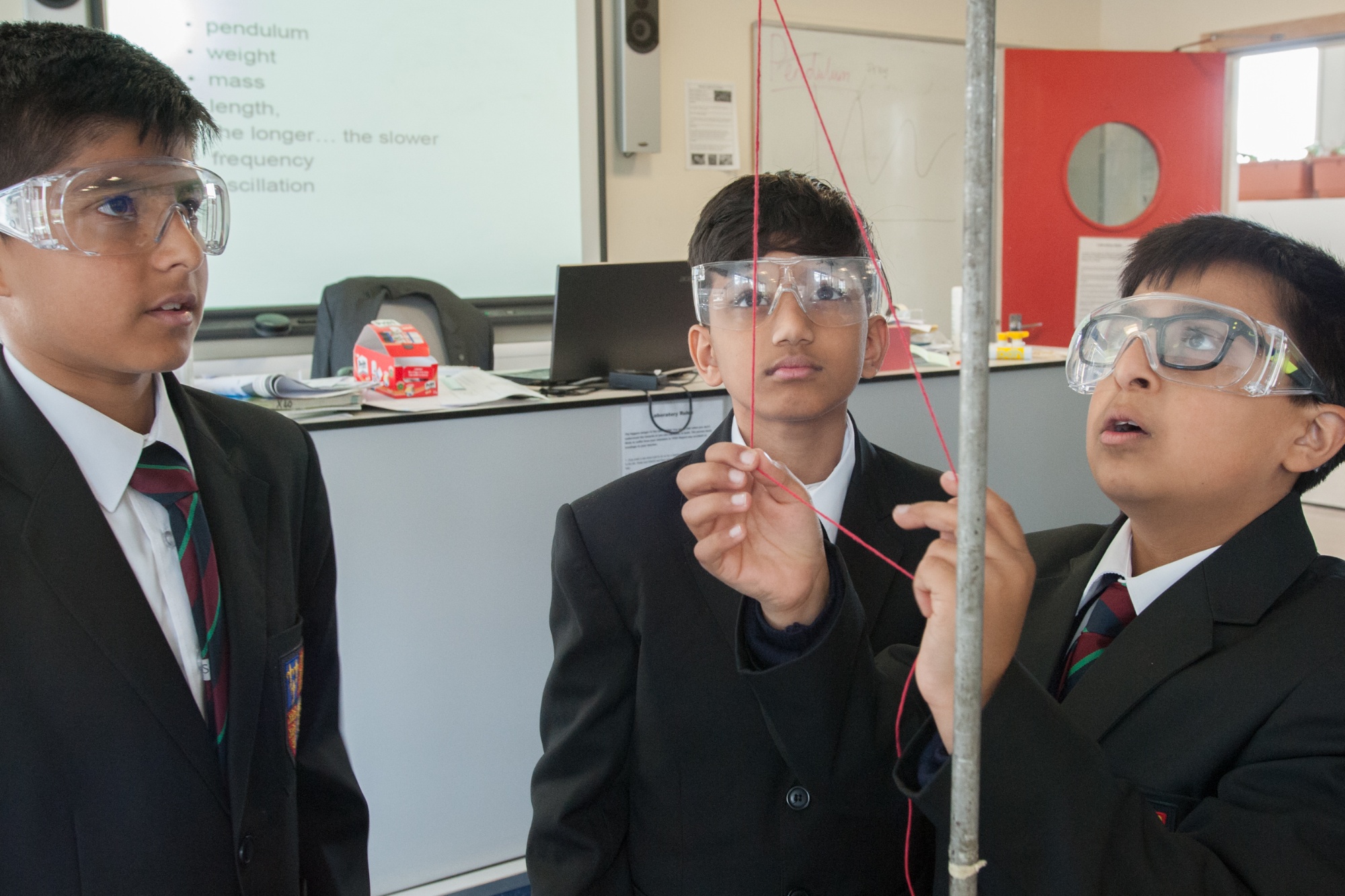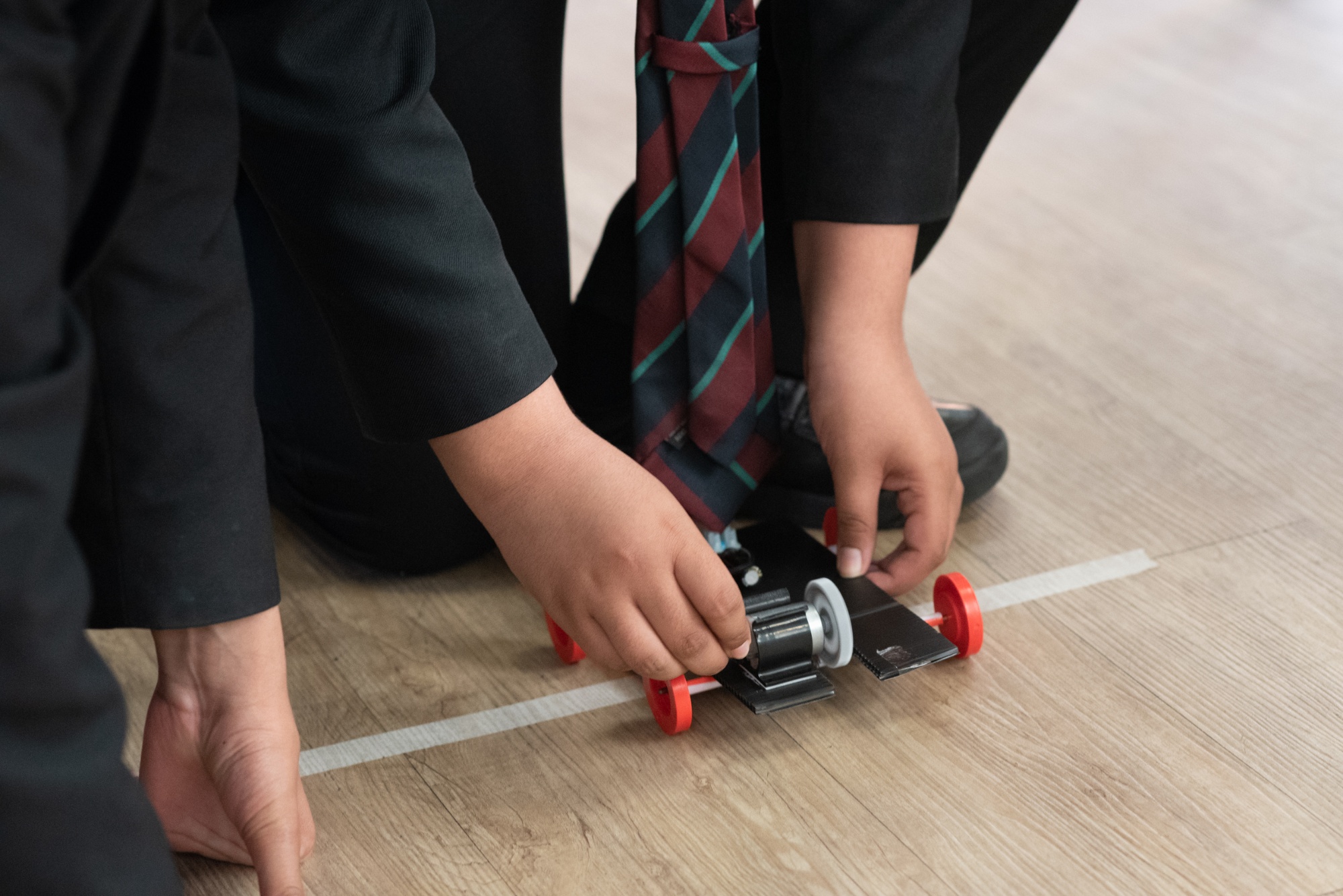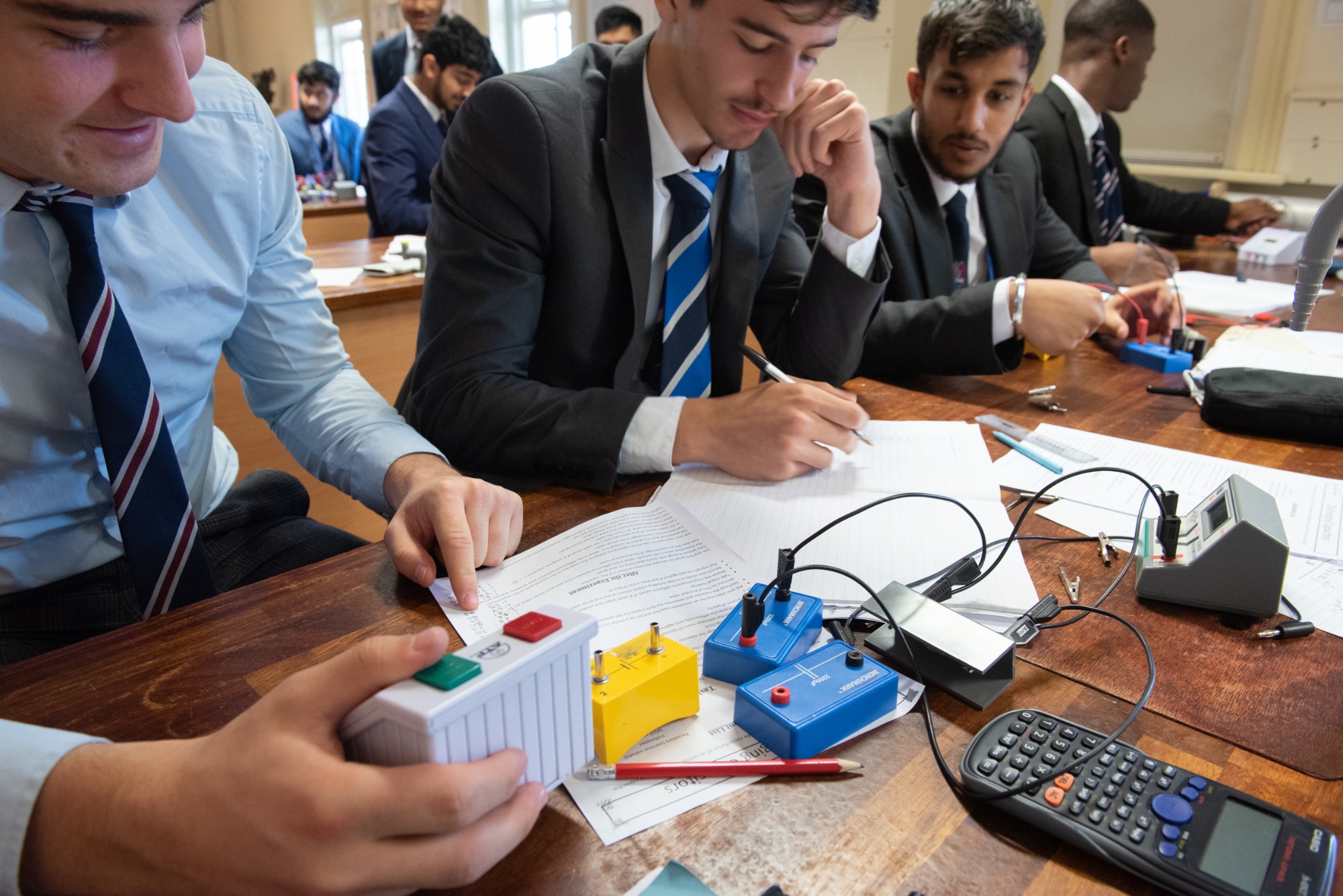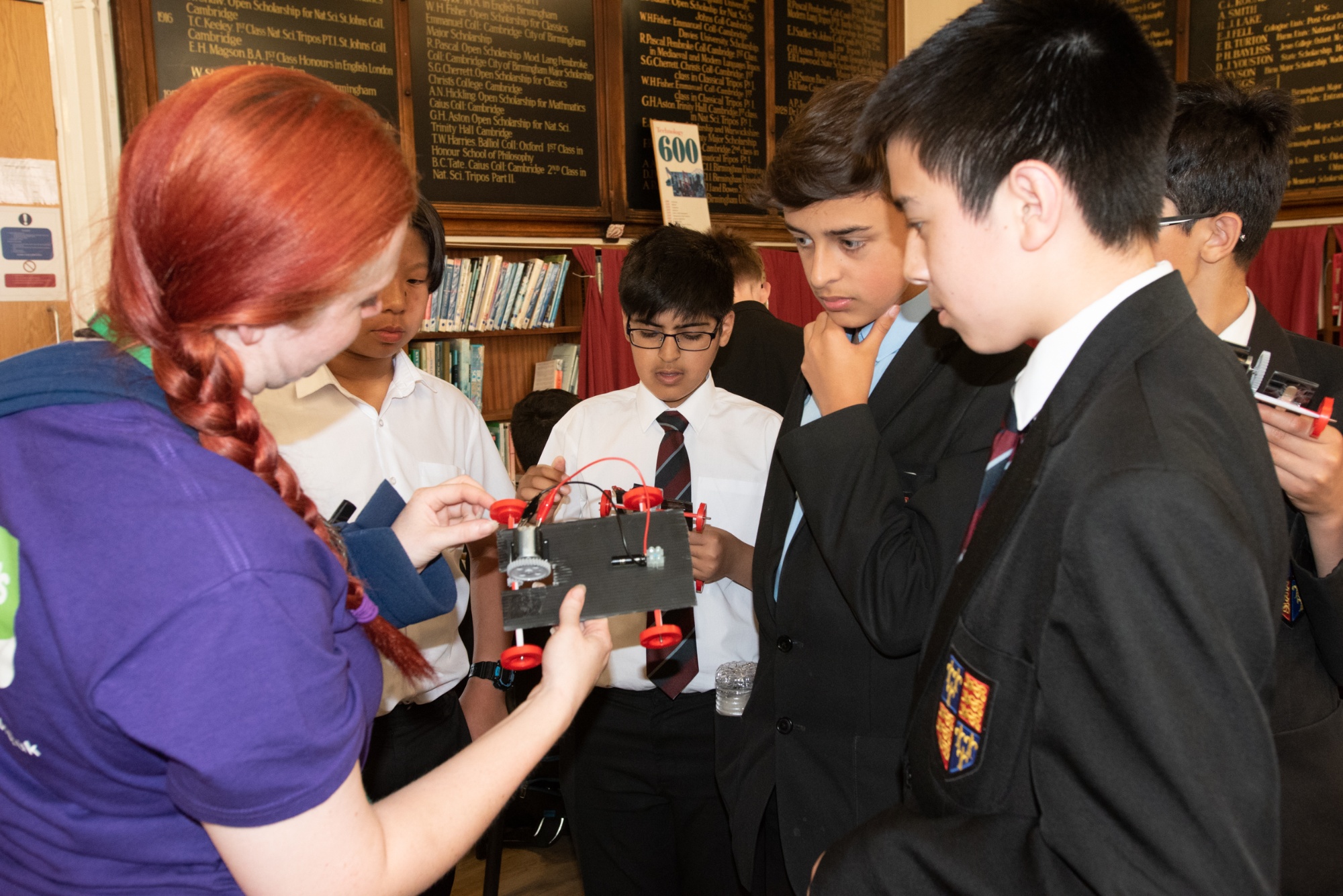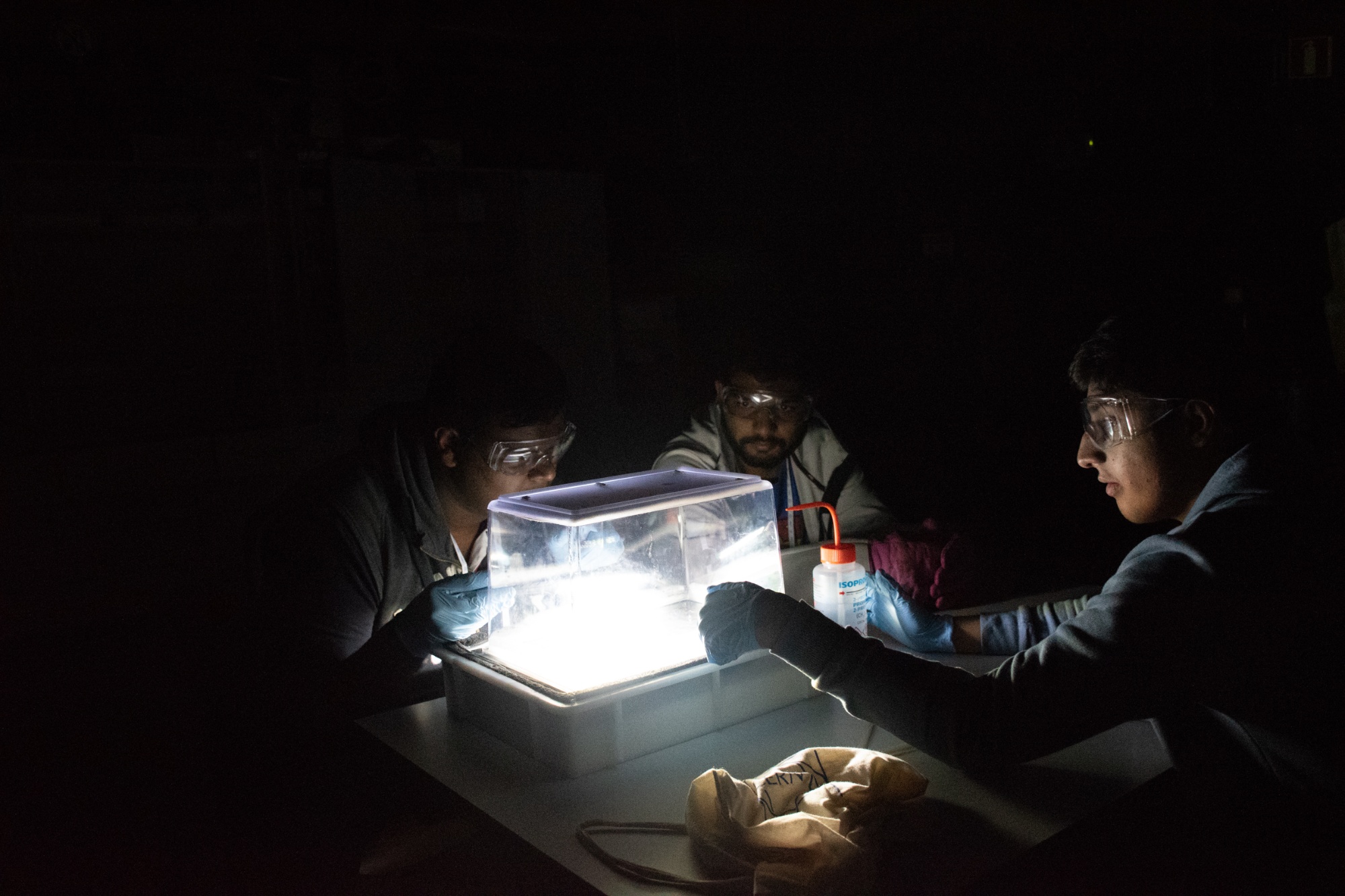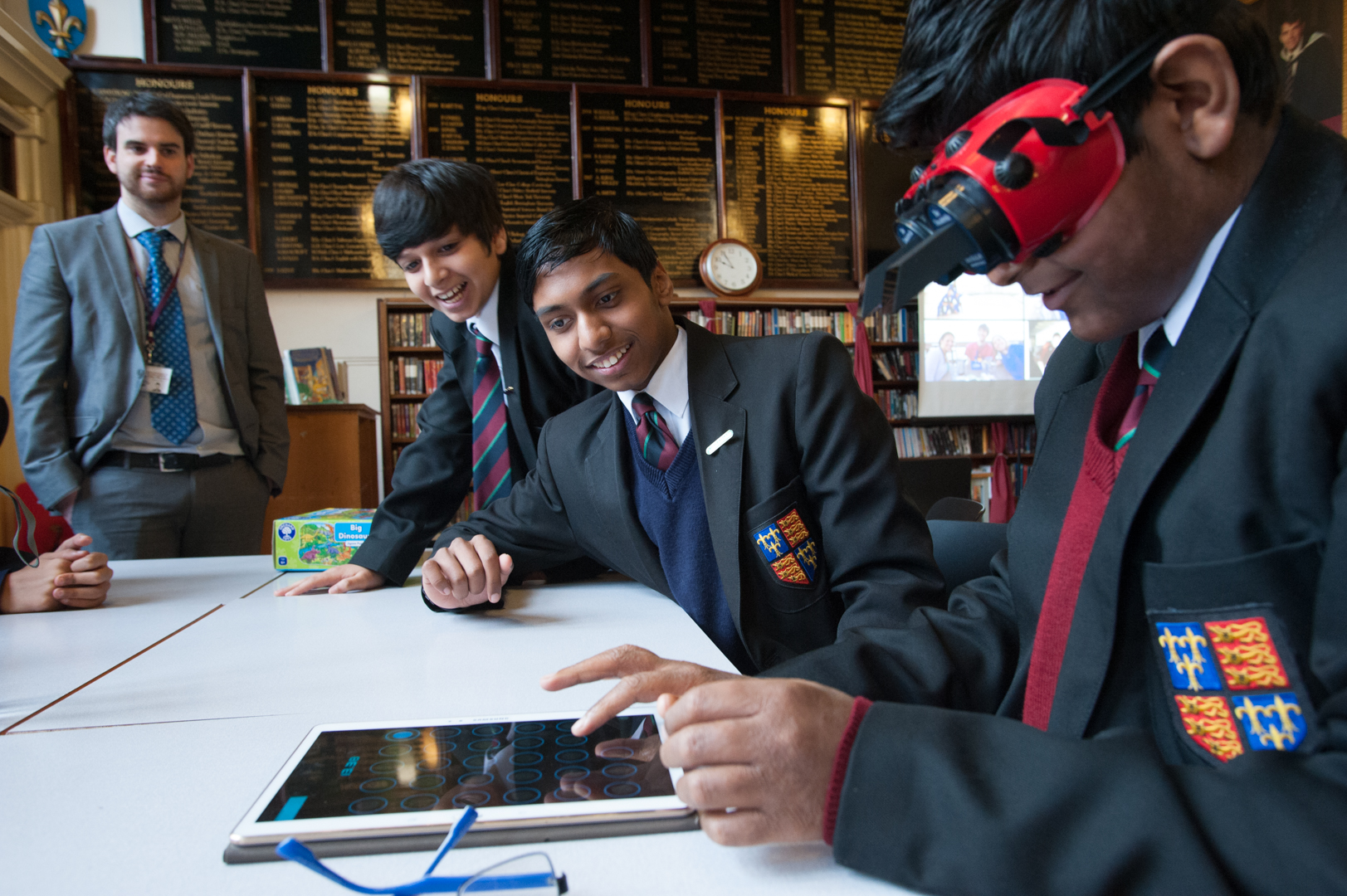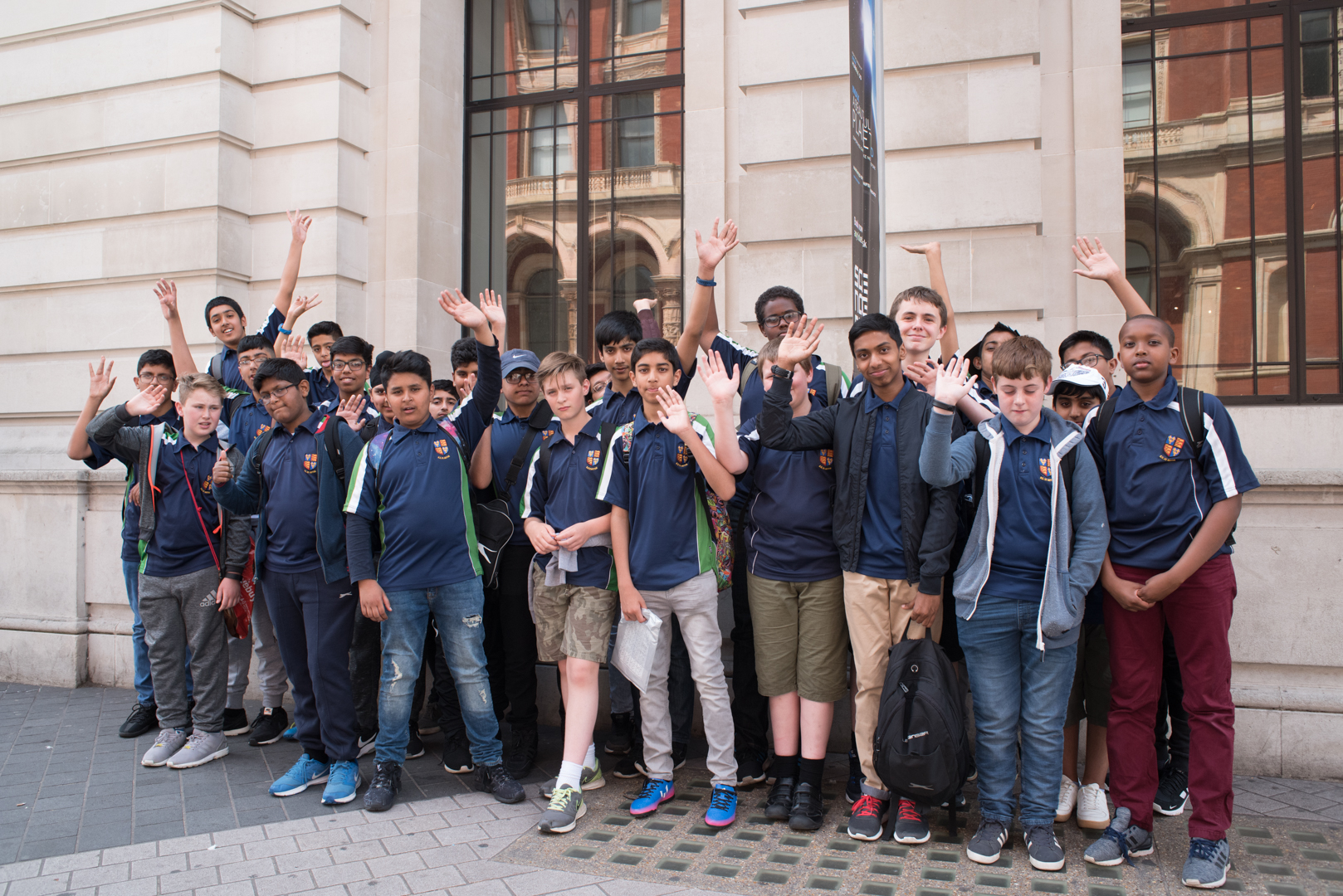Physics
The study of physics at Aston focuses on trying to understand both the world around us and the wider universe through logical thought, and the scientific method. Students are introduced to the importance of experimental work to back theoretical concepts and encouraged to question ideas that cannot be defended by empirical observations.
In the earlier years at the school, there is a strong emphasis placed on developing practical skills and a ‘hands-on’ approach to the subject. As a student then progress through the school, and ideas encountered become increasingly complex, there is a greater emphasis placed on the mathematical nature of the subject. In addition to the development of fundamental scientific concepts, this encourages a broader development of problem-solving skills and logical thinking.
At GCSE level, students cover a range of approaches to assessment, including questions related to adapting, modifying and enhancing experimental procedures which encompasses the core practical activities and linking it to the wider world and its application in industry.
Physics at A Level is a fascinating and stimulating area of study and demands creative thinking. There are many questions that remain to be answered about the universe in which we live. For example: What exactly is ‘space’? Why must we forever travel through time in one direction? What is mass, and why do particles have the masses they do? Why is there no antimatter in the universe? What are dark energy and dark matter? A Level Physics entices the curious mind in and challenges students to embark on the mathematical, logical and scientific journey.
Staff:
- Mr S Kumar, Head of Department
- Mr R Uddin
Trips and Visits:
The department runs numerous lectures and trips. Recent visits have included a residential Y13 trip to European Organisation for Nuclear research at CERN Geneva, and a trip to the Culham Centre for Fusion Energy where they had an opportunity to look at the UK’s National Fusion research Laboratory and speak to research physicists. The department also takes lower school pupils to the IOP Physics at work Cambridge Exhibition, where students get the opportunity to meet scientists and physicists from the Cavendish Laboratory to discuss career opportunities in the world of physics.
Year 7
| Summary of the curriculum: |
Our aim is to give each student an appreciation, knowledge, and understanding of scientific facts, history, methods, and applications and to develop their practical and investigative skills. Whether they proceed to advanced studies or finishes their formal scientific training at GCSE they should have a broad, informed foundation for the future. All students are taught balanced science (biology, chemistry, physics and How Science Works) in year 7. |
|---|---|
| Main Physics topics: |
|
| Assessment throughout the year: |
Students will complete a number of tests throughout the year reflecting on the topics they have learnt about in each term. |
| How parents can support their son’s learning: |
Encourage student's natural curiosity to question the world around them. Discuss science stories in the news and take the time to watch science documentaries together. Identify real-world applications of the science they have been learning, forces acting on the car, the changes in the garden or park throughout the year and identifying household chemicals. |
| Able and inspired opportunities: |
|
| Useful websites: |
|
Year 8
| Summary of the curriculum: |
During year 8, Physics is taught as a separate subject and look more in-depth at a range of topics from the fundamental areas. Students learn about wave properties, the behaviour of light and sound and simple machines. Students will complete a number of practical activities to gain a deeper understanding of the theory they learn, this also develops there practical skills in preparation for GCSE. During the summer term, students will carry out an extended project where they can plan their own practical investigation before presenting the results. |
|---|---|
| Main topics: |
|
| Assessment throughout the year: |
|
| How parents can support their son’s learning: |
Encourage students to the wider reading about science in the news and journals available online or in the library. Look for real-world applications of the topics they have been covering, how does the kettle work? How are rainbows made? Reading fiction books with a science theme can also engage students with their learning, Asimov's books on robotics or some of Michael Crichton's books could be a good starting point. |
| Able and inspired opportunities: |
Year 8 trip to the Natural History Museum Sunshine Lectures at Birmingham University |
| Useful websites: |
|
Year 9
| Summary of curriculum: |
During year 9 students build on the work and understand from previous years and begin to really lay the foundations of GCSE preparation. The students take an in-depth look at the topics listed through both practical investigations and theory lessons. |
|---|---|
| Main topics: |
|
| Assessment throughout the year: |
Three tests on:
|
| How parents can support their son’s learning: |
As well as encouraging the wider reading in science it is important for students to review the subject content and practice the application of formulae. Students should start to look at using revision guides and workbooks to help reinforce the learning within school. |
| Able and inspired opportunities: |
IoP Physics competition |
| Useful websites: |
|
Year 10
| Summary of curriculum: |
During year 10 the students will cover a wide range to topics to prepare for their GCSE exams at the end of year 11. Topics from previous years are built on and new more challenging concepts are introduced. Students will also practice their exam technique on a range of worked examples with the teacher as well as independent work. |
|---|---|
| Main topics: |
|
| Assessment throughout the year: |
Three tests on:
|
| How parents can support their son’s learning: |
Students need to be reviewing their learning regularly and practising exam questions. There are a number of websites listed that can support this. It is important for students to work in a quiet environment away from distraction. Students should also be looking into a range of revision techniques to find what works best for them. |
| Able and inspired opportunities: |
Physics Olympiad |
| Useful websites: |
|
Year 11
| Summary of curriculum: |
During year 11 students will learn any additional content required for the AQA GCSE specification. After this they focus on revision and exam practice, they are encouraged to review their own work to highlight areas where they do not understand the content or require more support and teachers respond with lessons tailored to these topics. |
|---|---|
| Main topics: |
|
| Assessment throughout the year: |
|
| How parents can support their son’s learning: |
Students should be encouraged to start revising early. Extra sessions may be offered and lunchtimes or during school holidays which they should attend for extra support. Revision guides and exam practice books are helpful along with accessing past paper from the AQA website. |
| Able and inspired opportunities: |
|
| Useful websites: |
|
Year 12
| Summary of the curriculum: |
A Level Physics is a two-year linear course ending with three written exams. Practical work is carried out throughout the year some of which are assessed for competencies in their investigation skills. During year 12 students will build on their existing knowledge and be introduced to new more complex concepts. At the end of the year, the students have the opportunity to research a topic of interest to them before presenting it to their peers. We follow the AQA A Level Physics specification. |
|---|---|
| Main topics: |
|
| Assessment throughout the year: |
Three assessments on:
|
| How parents can support their son’s learning: |
Students should spend time reading around the subject and looking for ways to extend their knowledge away from what is done in the classroom to a more complete context. |
| Able and inspired opportunities: |
|
| Useful websites: |
|
Year 13
| Summary of the curriculum: |
During year 13 students complete all subject knowledge study for the course and continue to develop their practical skills. Students also work on exam technique. We follow the AQA A Level Physics specification. |
|---|---|
| Main topics: |
|
| Assessment throughout the year: |
Term 1: Assessment 1 A2 paper 1 Term 2: Mock exam and paper 3 assessment |
| How parents can support their son’s learning: |
Students could be looking into journal articles into specific areas of physics that interest them. They could push their knowledge further by reading articles on physics in Scientific American or other such publications. Students should also be encouraged to revise all of their subject content and spend time doing past examination questions. |
| Able and inspired opportunities: |
|
| Useful websites: |
|

